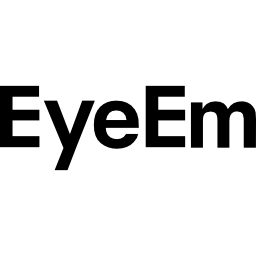Startup Registration in Lebanon: SAL vs. SARL
Written by
Lebanon has an open economy with liberal laws designed to encourage commercial activity and foreign investment. Generally, all companies are governed by the Lebanese Commercial Code and its regulations and unlike many countries in the region, the Lebanese law does not require joint ventures to have a specific percentage of Lebanese ownership. There are a few ways to register your company in Lebanon, and below are brief descriptions of the most widely used companies in Lebanon: Joint Stock Companies (Société Anonyme Libanaise or s.a.l.) and Limited Liability Companies (Société à responsabilité limitée or s.a.r.l).
Both types of companies limit the liability of the shareholders to their capital contribution. In other words, in case of losses, the risks of a shareholder are those of losing the capital it contributed without its personal assets being at stake.
Joint Stock Companies (Société Anonyme Libanaise or s.a.l.)
A joint stock company is an association of funds contributed by three or more persons. It should have a minimum authorized capital of LL 30 million, which is equivalent to around $20 k. Shareholders are entitled to membership in the company, a right to participate in management, and a right to vote.
Lebanese law does not limit foreign interest in joint stock companies except for the guarantee shares held by the directors and a few indirect limitations such as that the Board of Directors must have at least three Lebanese members out of the maximum 12 allowed, and that the chairman/general manager should be Lebanese. Also, joint stock companies that acquire and trade in real estate are required to have at least 50 percent of the capital held by Lebanese nationals. Joint stock companies have the option to issue shares and bonds convertible into shares.
Limited Liability Companies (Société à responsabilité limitée or s.a.r.l.)
A limited liability company is one whose liability is limited to the contributions of its 3 to 30 partners/shareholders and allows 100 percent foreign ownership. The exception to that is for commercial representation activities in which the majority of the shareholders and the majority of share capital should be by Lebanese nationals.
SARL should have a capital of LL 5 million, which is equivalent to around $ 3,333. Shares are not freely transferable and require the prior approval of members representing 75 percent of the capital.
Management of the company could be given to one or more partners. The company must be formed with the mutual consent of the members. Legal incapacity of bankruptcy of a member does not require the dissolution of the company.
As described, SAL and SARL have different minimum capital requirements and shares are more easily transferred in a SAL compared to in a SARL. Another main difference between the two is that SAL is more anonymous in nature that the identity of the shareholders does not play an important role in the company’s business.




